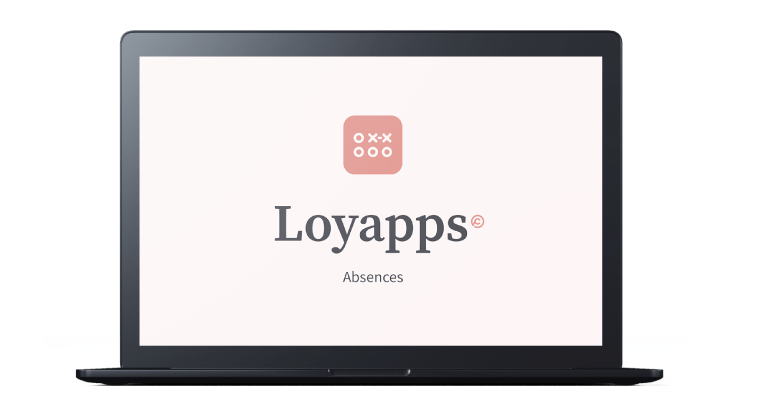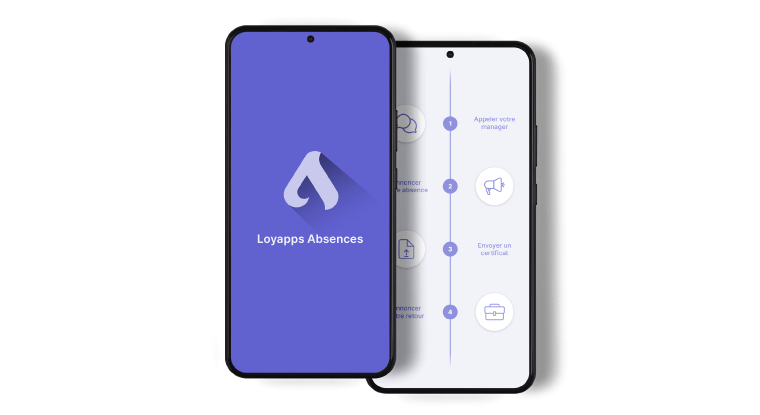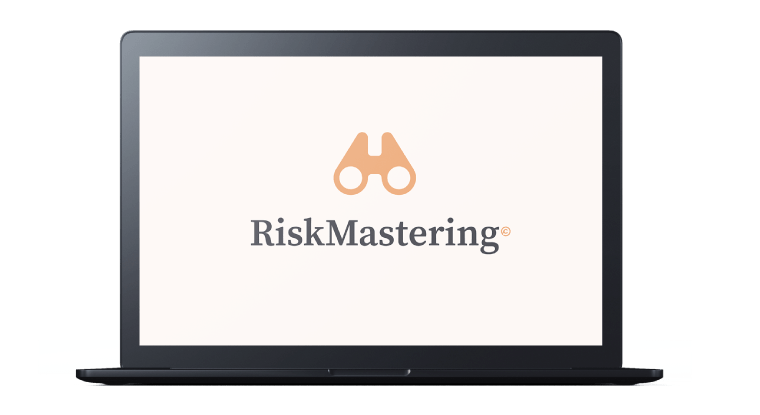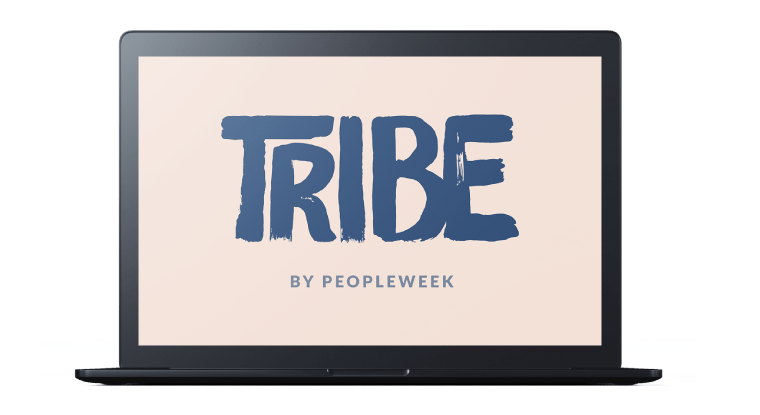
Who is subject to Public Procurement legislation?
Public Procurement law governs the acquisition of various services (construction work, supplies and Services), subject to strict rules that must be respected.
This logically raises the question of WHO is subject to this legislation, or in other words, which entities have the status of “contracting authority”. While it may seem self-evident that certain entities are subject to Public Procurement law, there are other, less obvious cases.
The purpose of this contribution is to present the different categories of entities subject to Public Procurement law.
All organizations falling into these different categories are obliged to invite competition from a number of external service providers, who must meet precise specifications.
The final choice, and the entire procedure leading up to it, must comply with the strict rules laid down by Public Procurement law.
This applies, for example, to the purchase of vehicles or IT equipment, the acquisition of architectural or engineering services, or the use of external service providers to run a day-care center or school restaurant.
Public authorities: Confederation, cantons and municipalities
This category is the easiest to understand, and covers all federal, cantonal and municipal public administrations, including their departments, offices and Services.
Associations of such entities are also considered to be awarding authorities.
There are, for example, numerous associations of municipalities in the school and water treatment sectors.
Sector companies
These are public or private companies providing a public service and benefiting from exclusive or special rights in one of the following sectors: water supply, energy supply, transport (particularly railroads), telecommunications.
Examples include CFF (Swiss Federal Railways), Services Industriels de Genève (SIG), Aéroport International de Genève (AIG), Transports publics genevois (TPG) and La Poste in areas where it enjoys a monopoly.
Public-sector bodies
This category covers a wide variety of entities to which public tasks have often been delegated.
It is also referred to as decentralized administration.
This category is the most open to interpretation.
Three cumulative conditions characterize a body governed by public law:
- have been created specifically to meet general interest needs of a non-commercial or industrial nature;
- have legal personality, whether under public or private law; and
- be under the influence of public authorities (majority public financing, management subject to public authority control, administrative, management or supervisory body composed of members more than half of whom are appointed by public authorities).
With regard to the first condition, the activity carried out must not be of an industrial or commercial nature.
If this is the case, the organization is subject to the pressure of Competition, and its decisions will therefore be based on economic logic.
Submission to Public Procurement law is therefore superfluous.
This is the case for cantonal banks, which also meet the last two conditions.
Many other entities meet this definition.
Examples include the Geneva University Hospitals (HUG), the CHUV and the cantonal insurance establishments.
Subsidized projects
Intercantonal law has extended the scope of application of public procurement law to “projects and services which are subsidized to the extent of more than 50 percent of their total cost by public funds“.
It is the origin of the funding that is decisive here, and private entities such as associations or foundations may also find themselves subject to Public Procurement legislation in this way.
Your Public Procurement contacts
If you have any questions on the subject, please do not hesitate to contact our Public Procurement specialists who wrote this article:
Jérôme Frachebourg Lawyer & Public Procurement Specialist jfrachebourg@loyco.ch
Christel Biderbost Public Procurement Specialist
cbiderbost@loyco.chGrégoire MottierHead of Risk Management gmottier@loyco.ch
Loris Valldeperez Public Procurement Specialist lvalldeperez@loyco.ch

















